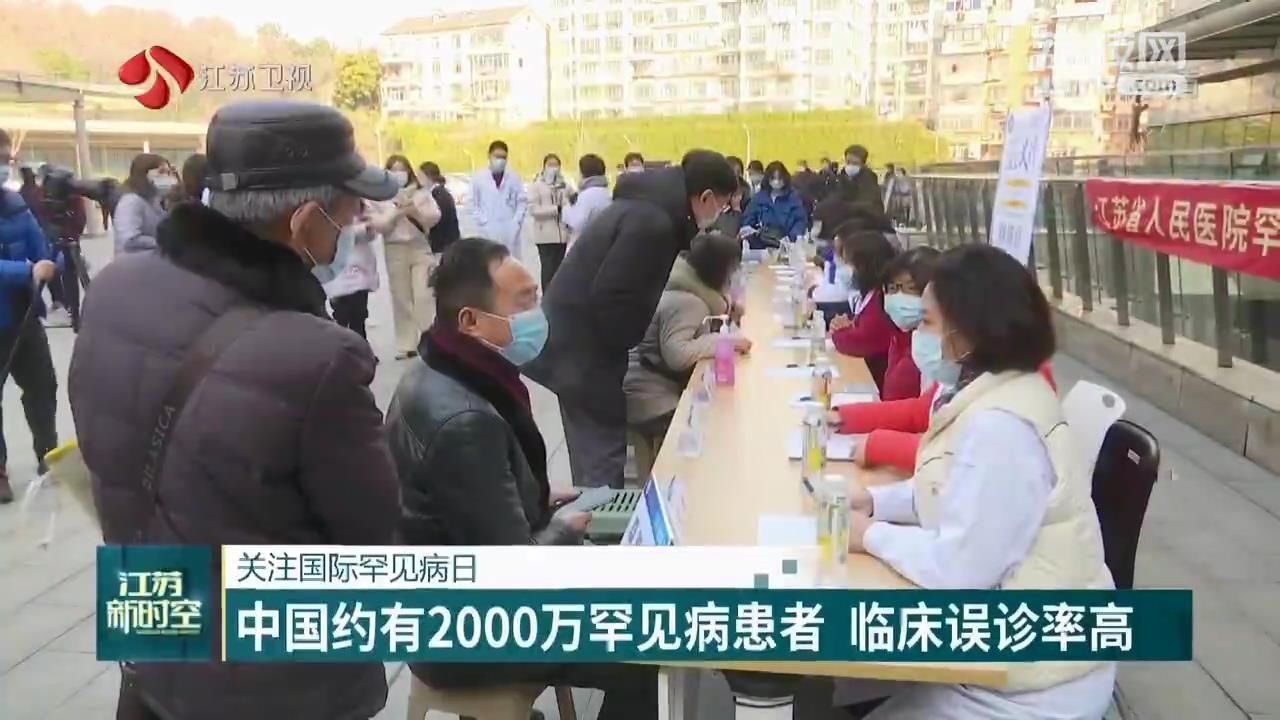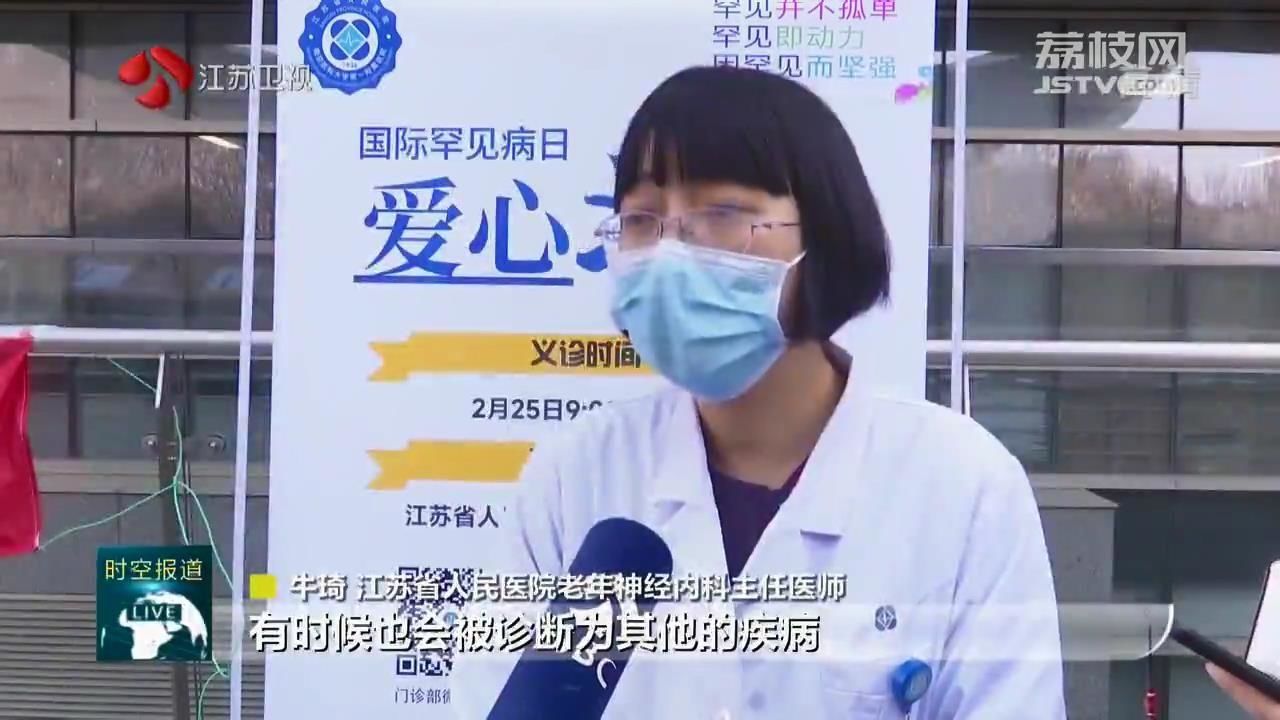

February 28 is the 15th International Rare Disease Day . This year’s theme is “Tomorrow is better because of rareness”, which aims to call on the whole society to pay attention to rare diseases and care for patients with rare diseases.
[There are about 20 million rare disease patients in China with a high rate of clinical misdiagnosis]
The exact etiology of rare diseases is unknown, and most of them are congenital diseases. Common rare diseases include albinism, acromegaly, idiopathic pulmonary hypertension, mitochondrial disease, and ALS. At present, there are more than 7,000 rare diseases known worldwide, and there are about 20 million rare disease patients in China. Experts say that 95% of rare diseases do not have specific treatment drugs, and patients can only be treated symptomatically. It is precisely because of its rarity that people’s awareness of these diseases is very limited, and the rate of clinical misdiagnosis is high.

Niu Qi, chief physician of the Department of Geriatric Neurology, Jiangsu Provincial People’s Hospital, said: “Sometimes it is also diagnosed as other diseases. , taking some other drugs. The disease will be progressively aggravated without proper treatment.”
【All parties work together to improve the ability of rare disease prevention and treatment】
In order to improve the accuracy of clinical diagnosis and treatment of rare diseases, Jiangsu established a rare disease diagnosis and treatment cooperation network in 2019, and 19 major hospitals in the province participated in it. Through popular science, training, consultation, etc., the awareness and diagnosis of rare diseases in primary medical institutions will be improved, and a green referral channel for rare disease patients will be established. In addition, Jiangsu is actively promoting the screening of rare diseases and establishing a “tertiary prevention” mechanism for rare diseases.

Zhang Aihua, chairman of the Rare Disease Branch of Jiangsu Medical Association and vice president of Nanjing Children’s Hospital, said: “Including rare For families with a family history of the disease, we provide genetic counseling. During pregnancy, we carry out corresponding screening through amniotic fluid or through the mother’s peripheral blood through genetic testing. After the newborn is born, it revolves around newborn screening. In addition, a high-risk profile of the corresponding rare disease has been formulated clinically. What symptoms appear may indicate rare diseases.”
(Reporter from Jiangsu Radio and Television Station · Rong Media News Center /Zhu Xiaoying, Li Dong, Wang Leping, Zhang Zhongxuan, Shi Zheming, edited by Zhang Meng)
(The copyright of this news belongs to Jiangsu Radio and Television Station, please indicate the source for reprinting)